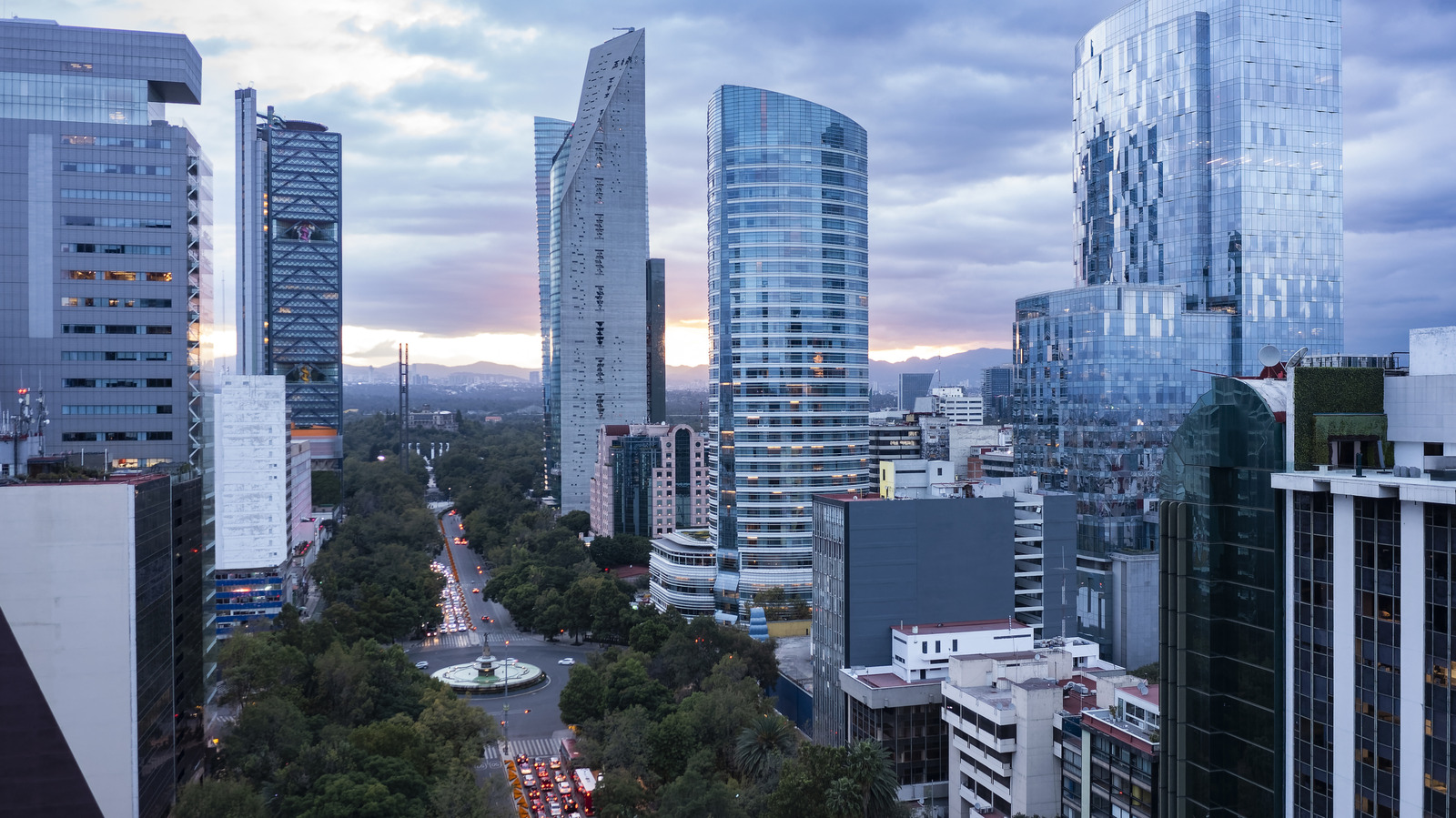
"Cannes has banned large cruise ships and excess tourists from entering the city, while Italy has slapped entry fees to access Venice and imposed stricter check-in rules for Airbnb users."
"During the COVID-19 pandemic, a wave of foreigners moved to the Mexican capital, drawn by its looser restrictions and cheaper living costs."
"In 2022, then Mayor Claudia Sheinbaum positioned Mexico City as a digital nomad destination through a partnership with UNESCO and Airbnb."
"Initially, centrally located neighborhoods like Roma and Condesa flourished under the agreement, prompting the arrival of new establishments like cafes and co-working spaces."
Overtourism is becoming a significant issue in cities like Mexico City, leading to local displacement and rising living costs. Initiatives to attract digital nomads initially boosted neighborhoods like Roma and Condesa, encouraging new businesses. However, these changes resulted in gentrification, with locals unable to afford housing due to increased rents. In response, cities like Cannes and Venice have taken measures to limit tourist access. The initial goal of attracting visitors has backfired, creating challenges for residents as tourism-related issues intensify.
Read at Islands
Unable to calculate read time
Collection
[
|
...
]